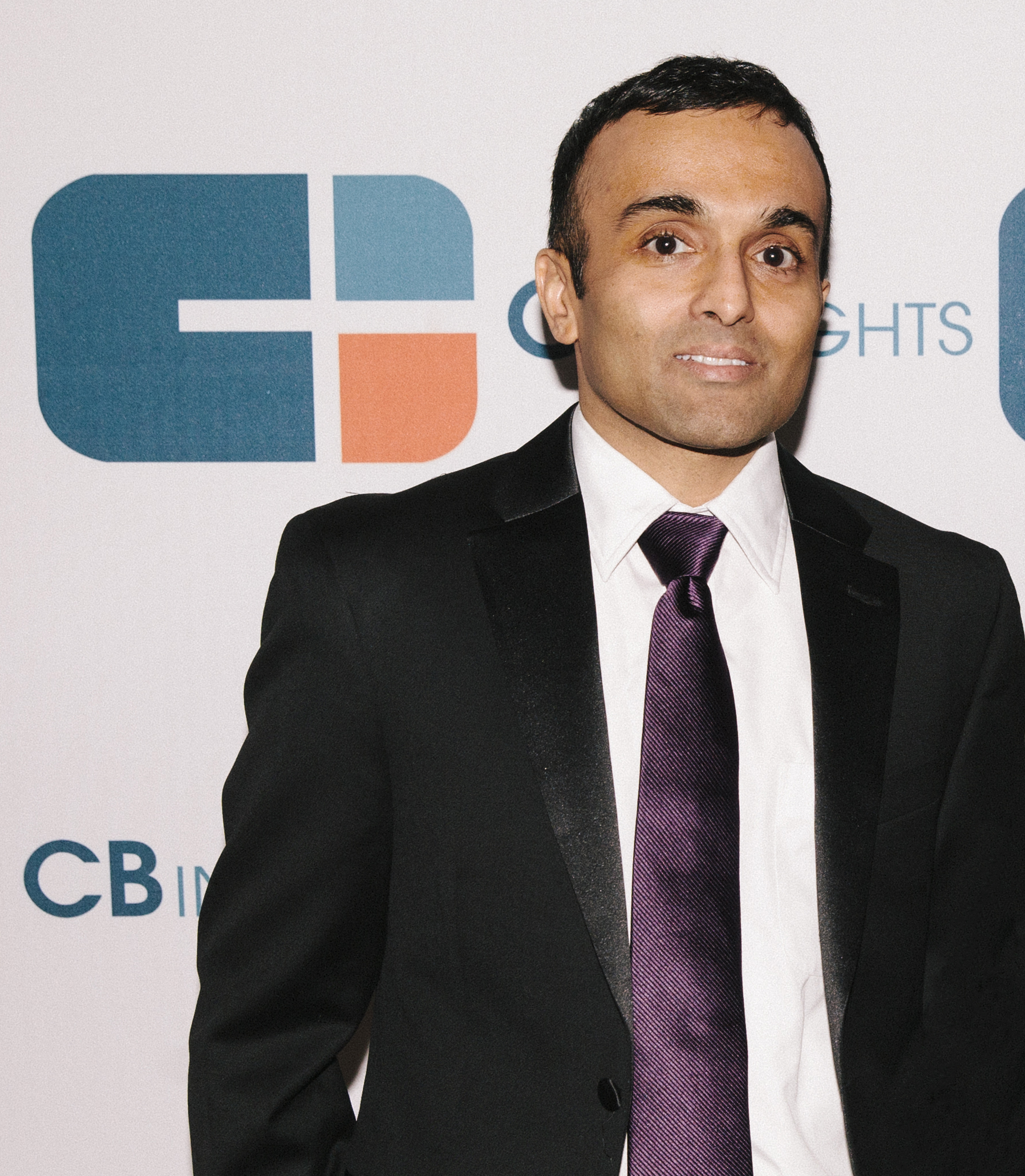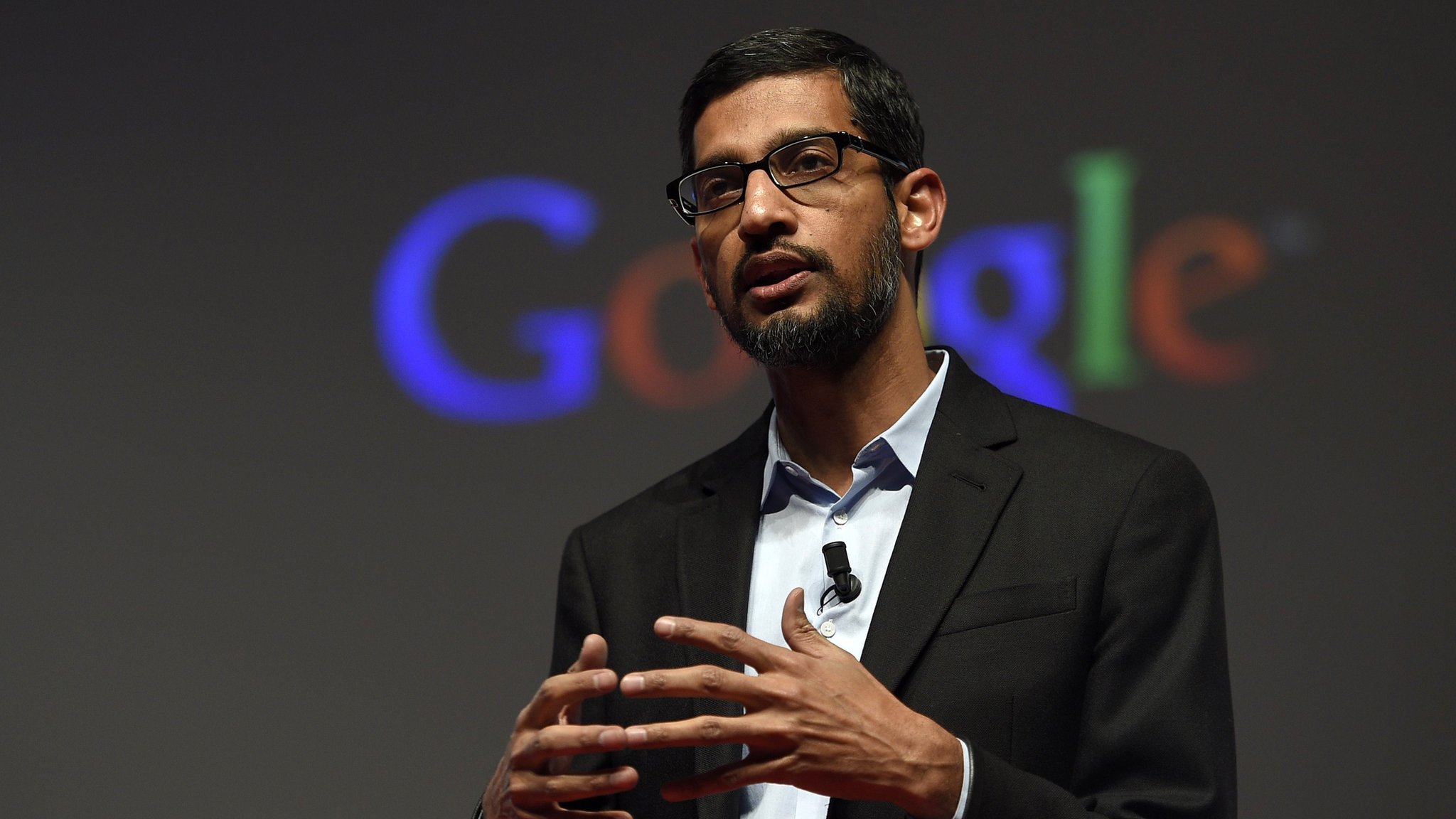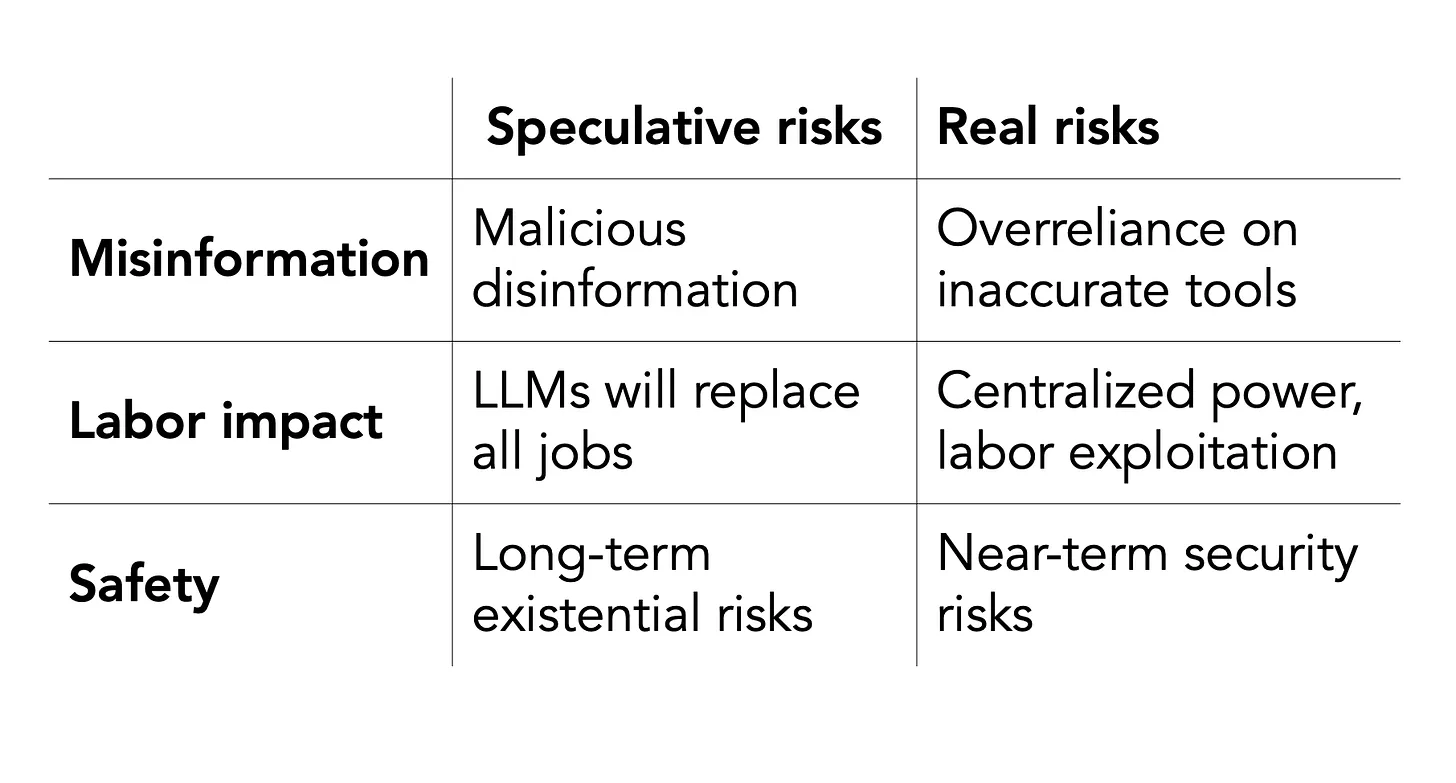nyc
— Anand Sanwal (@asanwal) April 3, 2023
ha!
— Paramendra Kumar Bhagat (@paramendra) April 3, 2023
(1) What does your API offer? (2) How many do you have? (3) How much office space? How many workstations? (4) I have been a long-time subscriber to your newsletter. Easily over a decade. Super impressed. But have long felt your expertise is vastly under-monetized.
— Paramendra Kumar Bhagat (@paramendra) April 3, 2023
Sent you an email. Tweets are not the best always.
— Paramendra Kumar Bhagat (@paramendra) April 3, 2023
@agazdecki I'd like to interview and profile some of your Founder CEOs for my tech blog. Can you please make some introductions? Over Twitter is fine. Thank you much. And don't believe everything ChatGPT tells you. (Reference: AirBnB #joke)
— Paramendra Kumar Bhagat (@paramendra) April 3, 2023
sorry - we're in NYC
— Anand Sanwal (@asanwal) April 3, 2023
some sectors/spaces folks are or could use our data:
* recruiting
* sales intelligence
* supply chain risk
* pvt stock secondary markets
* tech/IT procurement
* ABM
* alt data to hedge funds
Won't elaborate any more on these here
Hello Halle. (wait, was not trying to rhyme or anything) I'd like to profile you for my tech blog. Would appreciate a time slot to ask some questions. Phone or email both are fine.
— Paramendra Kumar Bhagat (@paramendra) April 3, 2023
She believed she could but she lacked access to affordable childcare so she did not.
— Halle Tecco MBA, MPH (@halletecco) October 23, 2021
It took over a decade, but her concept eventually made it to the market in 1977, and today pregnancy testing is a $1.5B market.
— Halle Tecco MBA, MPH (@halletecco) March 31, 2023
Unfortunately, before it launched, Margaret had signed away her rights for just *one dollar* 😦
In Japan, bathroom stalls have this contraption to hold your kid securely so they don’t lick the floor while you pee.
— Halle Tecco MBA, MPH (@halletecco) March 23, 2023
Someone please bring this to the US! pic.twitter.com/xEQK925oJ1
May we all be as courageous and swift as this 13-year-old hero! https://t.co/1g67nIqyxN
— Halle Tecco MBA, MPH (@halletecco) March 23, 2023
I am amazed by the public health measures in Tokyo:
— Halle Tecco MBA, MPH (@halletecco) March 18, 2023
🚕 Air quality meters in taxis
💨 Air purifiers in restaurants
🍽️ Partitions on cafe tables
🌡️ Temp checks
🙌 Hand sanitizer everywhere
😷 Everyone masks pic.twitter.com/4cAbiQL5uW
For @wsj to say flat out that SVB could have failed because they added non-white men to their board shows how far behind the times (and certifiably stupid) this publication really is. It makes me so angry and very sad. WSJ readers and staff deserve better. pic.twitter.com/ppbcugJNhW
— Jessica Lessin (@Jessicalessin) March 13, 2023
FOUNDERS: please read these tips to safeguard your mental health.
— Leslie Feinzaig (@LeslieFeinzaig) March 12, 2023
Written by a trauma specialist who is also a founder - Grin Lord, CEO of mPathic. Can’t find her on Twitter so will link to her LinkedIn below. pic.twitter.com/lnveE6hnKm
Proud to be a @Ask_Tia investor *and* patient! https://t.co/xmBERSJmm5
— Halle Tecco MBA, MPH (@halletecco) March 7, 2023
i love going to a grocery store without an agenda. it’s such an information rich environment to aimlessly wander through. spend time with every item. stare at a single shelf. pic.twitter.com/C23KpP4y5G
— ali (@_ali_taylor) April 2, 2023
4 easy steps for better relationships:
— How to Make Friends (@nickgraynews) April 2, 2023
1- cheer for your friends
2- support their businesses
3- make plans to do stuff
4- show up on time
be the kind of friend you want in your life
Falcon 9’s first stage has landed on Landing Zone 4 pic.twitter.com/BLWjuHjSOj
— SpaceX (@SpaceX) April 2, 2023
What is the science on this? Is there a recommended upper limit? What is your take?
— Paramendra Kumar Bhagat (@paramendra) April 3, 2023
As $ hegemony falls #bitcoin rises. This sign is far bigger than flashy lights. It is a taste of victory. We earned it brothers and sisters and we deserve it. https://t.co/t0qL7Jm8A7
— Ray Youssef (@raypaxful) April 2, 2023
Everyone needs to calm down about war with China, Gen. Mark Milley said. The Joint Chiefs chairman warned against the rise of “overheated” rhetoric of a looming U.S. war with China, and he said he doubts China’s chances of “conquering” Taiwan. https://t.co/Q0Iqw3LA1o
— Bonnie Glaser / 葛來儀 🇺🇦 (@BonnieGlaser) April 2, 2023
NY Times is being incredible hypocritical here, as they are super aggressive about forcing everyone to pay *their* subscription
— Elon Musk (@elonmusk) April 2, 2023
Our beliefs about what others think have consequences.
— Ethan Mollick (@emollick) April 2, 2023
87% of Saudi men privately agreed they supported women working, but 70% thought other men were less supportive. When they learned the real support, 6 month employment among their wives went up 179%. https://t.co/fXGTZVNVlo pic.twitter.com/29xNx8MPrq
ChatGPT will soon disrupt every major industry & replace more than 300 million jobs.
— Misha (@mishadavinci) April 2, 2023
99% will fail to adapt.
Here's how to save your career (& keep up in the age of AI):











